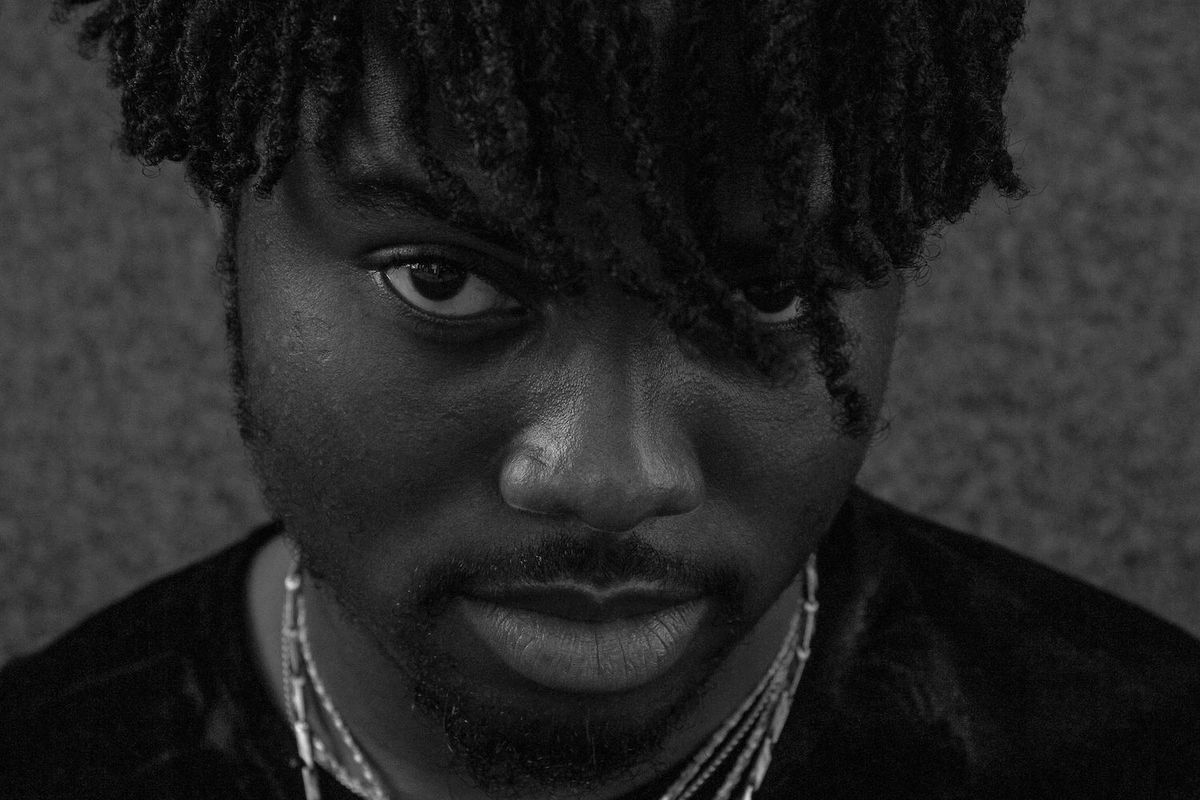
Higo.
Image courtesy of Higo.
SEARCH

Higo.
We talk to five producers, managers and DJs at the forefront of Lagos' youth & music culture. GMK, DJ Femo, Aye!, Mayowa Balogun, and Higo share stories about their earliest musical memories and how they're redefining the scene for a new generation.